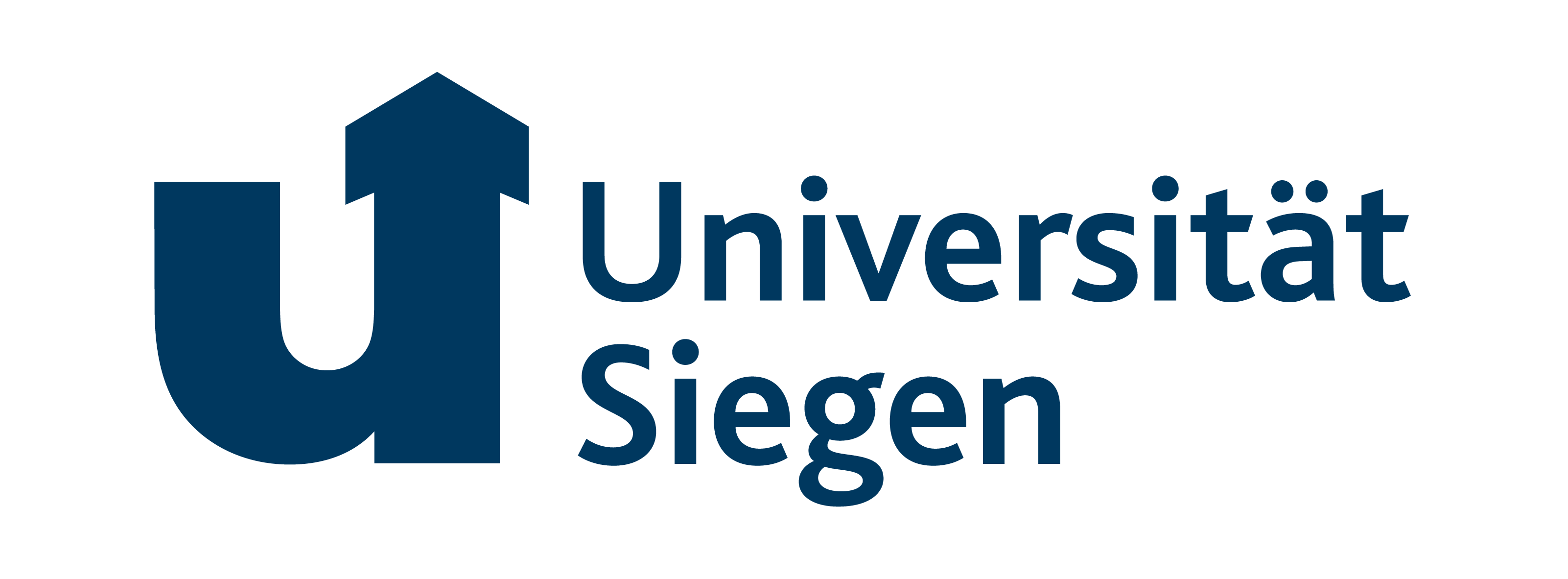Project Team
Get to know the research institutes, companies and universities behind the Qompiler Project. You can also directly access the webpage of each institution via the menu on the side.
Partner



Subcontracted Partner
- DIN e.V.
Associated Partner
- Quantum Business Network
- Quantum Brilliance
- TNO
- T-Systems
- DB Systel GmbH
- Porsche Digital
- JoS Quantum
- Berlin Partner
- Apheris
Short Introduction of the Partners

Fraunhofer FOKUS conducts research on digital transformation and its impact on economics, technology, and our society. Since 1988, FOKUS has been supporting commercial enterprises and public administrations in the shaping and implementation of digital transformation. For this purpose, Fraunhofer FOKUS offers research services ranging from requirements analysis to consulting, feasibility studies, technology development right up to prototypes and pilots in the business segments Digital Public Services, Future Applications and Media, Quality Engineering, Smart Mobility, Software-based Networks, Networked Security, Visual Computing und Analytics.

eleQtron develops and operates quantum computers. Our next-generation computing machines will be able to solve problems in chemistry, life sciences, logistics and finance that even the best conventional supercomputers cannot handle. To do this, we compute with the quantum states of atoms (qubits), shielded from interference. The groundbreaking concept we have developed, called MAGIC, allows these qubits to be controlled reliably and precisely using established, inexpensive and miniaturizable high-frequency technology.

The University of Siegen is a young, modern institute of higher education located centrally in the area bordering the three German federal states of Hesse, North Rhine-Westphalia and Rhineland-Palatine. The overall goal of the University of Siegen is to contribute to a humane future and to take responsibility for people and society. This is reflected in the guiding principle of the University of Siegen: shaping a humane future.

TU Berlin is part of the Qompiler project with the Quantum Communication and Cryptography research group, led by Dr. Anna Pappa. The group is funded by the German Research Foundation (DFG), via the Emmy Noether Program for Independent Junior Research Groups. The aim of the research group is to build the essential components for future quantum networks and large-scale quantum cloud computing. Solutions are specifically explored that will allow users to securely store and process their data on a network, and consequently provide a more effective way for computing and communication. The group is also part of the Berlin-based Einstein Research Unit on near-term quantum devices.